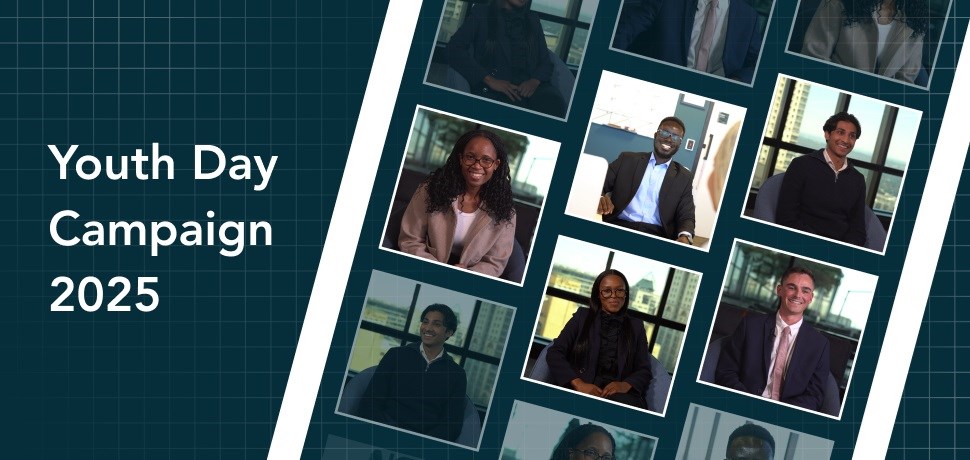
In a world that constantly tells young professionals to rush, to hit milestones by a certain age, and to measure success by external markers, it's easy to feel like you're falling behind. The career, the house, the car; the pressure to have it all by your late 20s or early 30s can feel overwhelming.
But what if the most important investment you can make right now isn’t in stocks or property, but in yourself?
This is the essence of the Time Value of Self, the idea that every incremental investment into your personal, academic, and professional development will pay off over time, just like financial compounding. In the same way that money grows through consistent contributions and time, so too does your value as an individual.
Research supports this: according to a World Economic Forum study, 50% of all employees will need reskilling by 2025 to remain relevant in the job market*. Yet, many still underestimate the power of taking small steps; whether it’s reading a new book, enrolling in a short course, seeking out a mentor, or improving physical wellbeing. These efforts may seem small now, but they lay the groundwork for exponential personal growth.
The concept mirrors the well-known Time Value of Money, which suggests that money is worth more today than the same amount in the future due to its potential earning capacity. Apply that to your life, and it becomes clear: the sooner you start investing in your personal development, the greater your return will be.
Psychologists suggest that one of the greatest sources of long-term satisfaction stems from "self-concordant goals", goals that align with one’s core values and aspirations. By taking action today, no matter how small, you bring those goals closer to reality.
It's crucial for young people to understand that success isn’t linear, nor is it a race. The notion of being ‘behind’ is often based on arbitrary timelines set by society, not individual purpose. Personal finance educators, such as Ramit Sethi and Morgan Housel, often speak about the importance of focusing on long-term behaviour and habits rather than short-term outcomes.
Every person is the biggest piece of the puzzle when it comes to building their own future. That’s why choosing to invest time into personal growth, rather than comparing oneself to others, is a far more rewarding use of energy.
So, what does it mean to invest in yourself? It means embracing your potential, even when the path is unclear. It means being open to learning, to failure, to iteration. As the saying goes, “Do it scared, do it uncertain”; because those steps, however hesitant, eventually add up to confidence and competence.
Whether it's through financial literacy, professional development, or emotional resilience, the value of becoming your best self today cannot be overstated. The earlier you start, the more your investment will compound.
After all, isn’t the greatest form of wealth the ability to live a life built on your terms?
References
World Economic Forum (2020). The Future of Jobs Report 2020. Retrieved from https://www.weforum.org/reports/the-future-of-jobs-report-2020 (Date of access 08 June 2025)